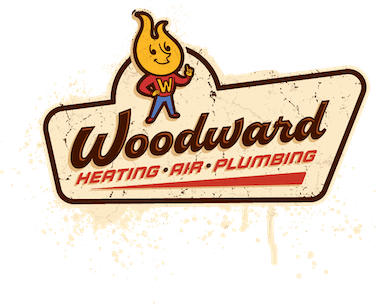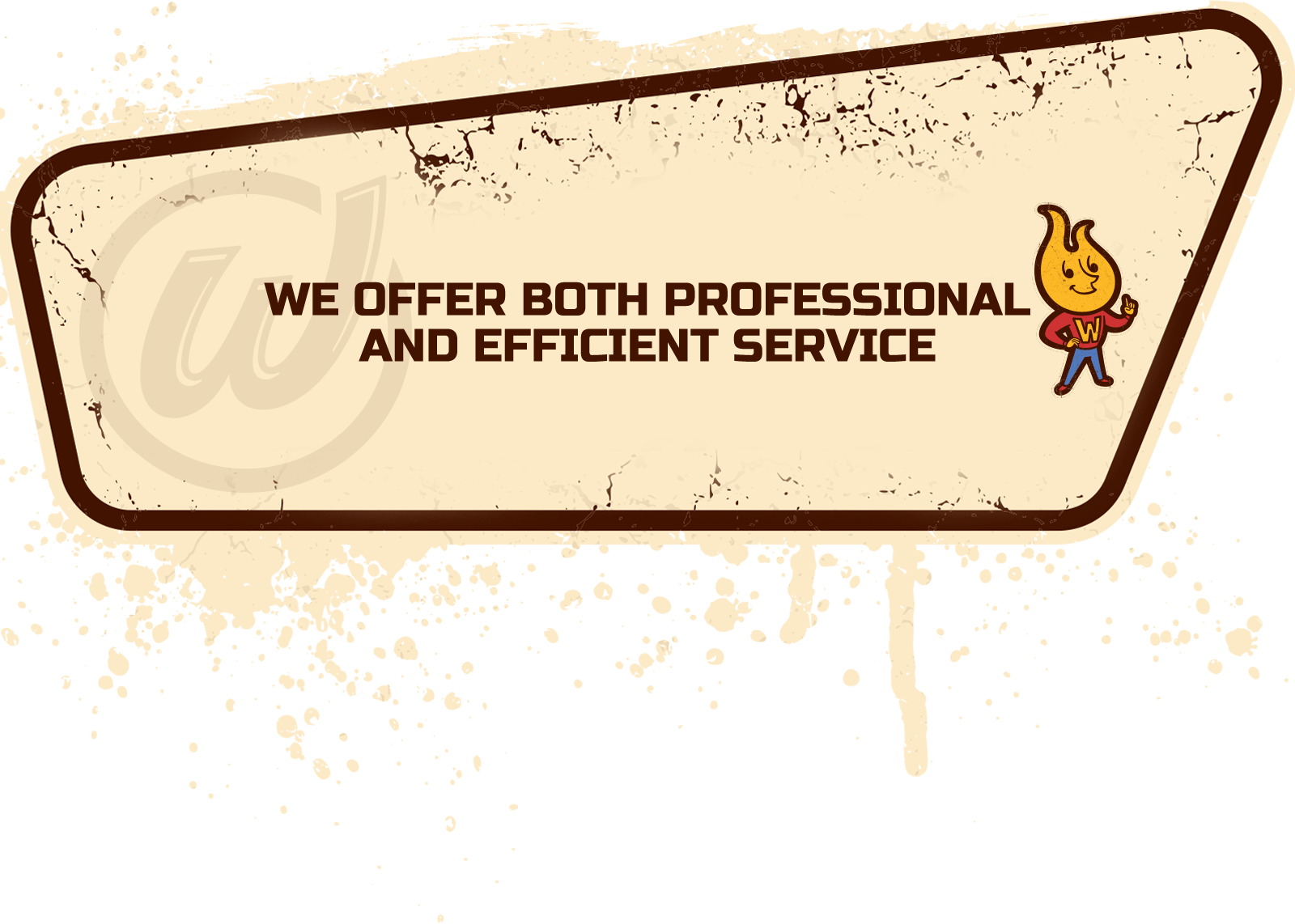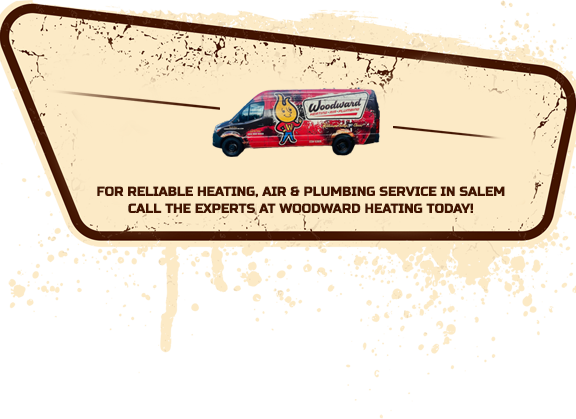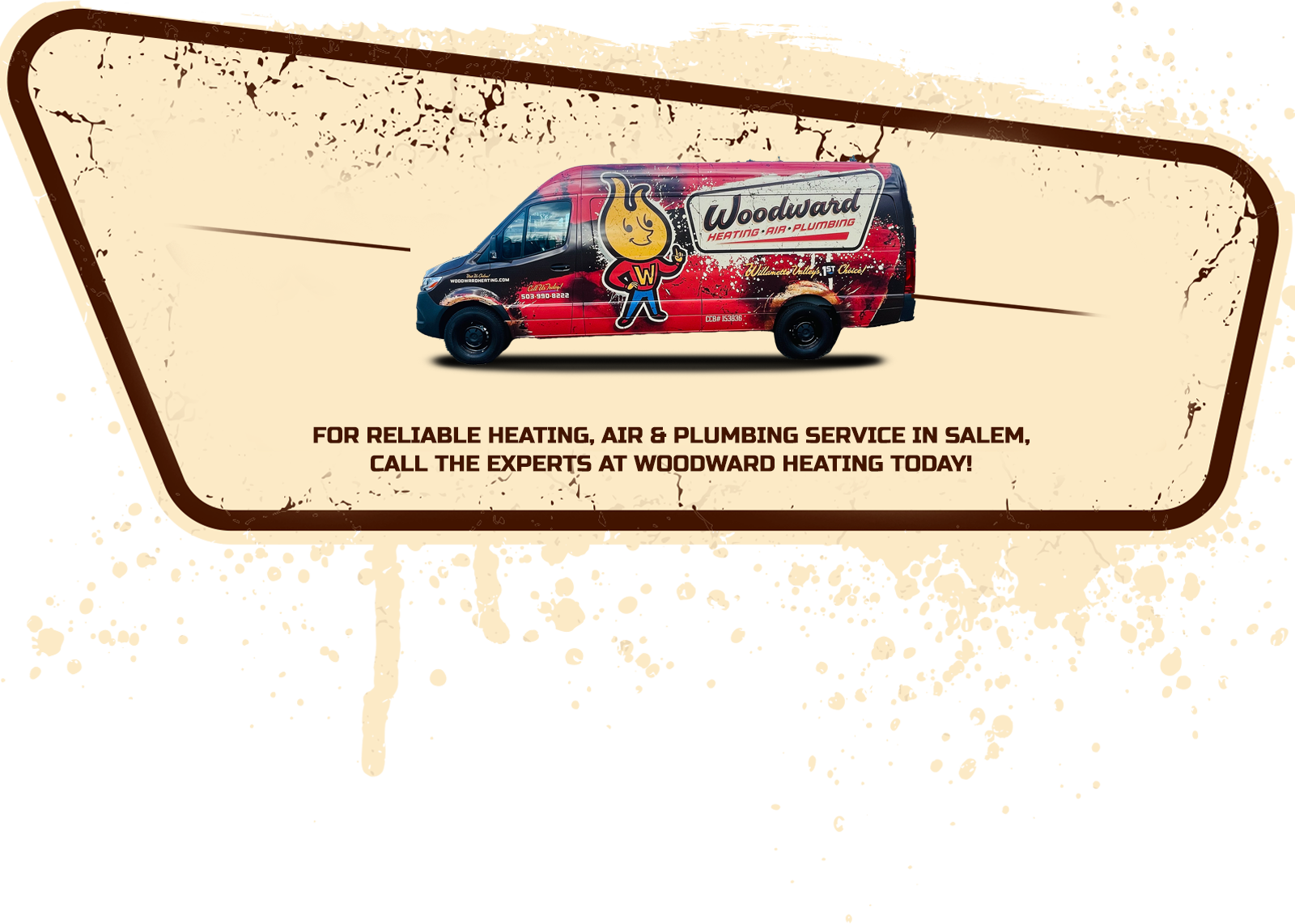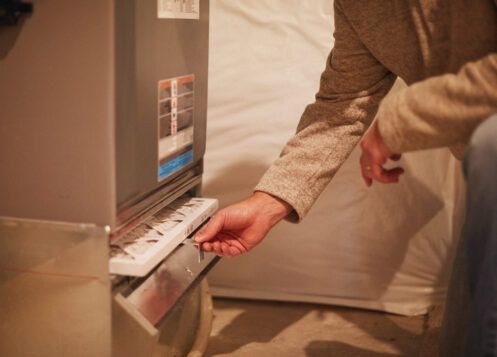
As winter weather sets in around Salem, OR and nearby communities, you may be watching to see when to start your furnace for the season. Before turning on a furnace after months of disuse, make sure it is clean and safe to use.
Tasks a homeowner can do to prepare a furnace for winter, including changing the filter, cleaning around the furnace, inspecting and cleaning the housing, and ensuring that vents are clean and clear. Other home maintenance tasks, such as adding insulation to the attic space, weather stripping, and sealing holes and cracks in the building envelope, improve energy efficiency. This reduces the load on the heating, ventilation, and air conditioning system. Additional maintenance tasks are best left to professionals who have the training and experience to inspect, calibrate, and test sensitive parts.
Change the Filter
Before you start your furnace for the first time in the fall, change the filter. Changing the filter saves energy, increases comfort, and reduces the load on the system. Dirty filters are a primary reason for HVAC service calls. Clogged filters may allow pollutants to bypass the filter, creating poor indoor air quality. Dirty filters obstruct air from flowing freely through ducts, which makes the system work harder to produce conditioned air and can affect the efficiency of other parts.
Air flowing over the heat exchanger keeps it cool. Reduced airflow can cause the heat exchanger to overheat. If this happens, a safety switch will trip and shut the system down. Over time, the heat exchanger may crack from expansion and contraction during heating cycles. Cracks allow carbon monoxide to leak into the living space, causing inefficient combustion. They will also become expensive to repair.
Professionals recommend changing filters at least every three months. If you have furry pets or live in a dusty area, you might need to change them more often. To be sure filters are clean, examine them every month, and change them as needed.
Inspect and Clean Furnace Housing
A clean furnace is a must at the start of the heating season. During months of disuse, dust and debris can build up. If you did not clean the furnace when last year’s heating season ended, there may be residue from use. Check around the housing to make sure it is clean and clear. If you used the space around the furnace for storage over the summer, clear the area to allow access to the furnace controls and burners.
Inspect the Chimney and Flue
An unused chimney or flue may look like an ideal nesting place for birds, squirrels, rodents, and other wildlife. Inspect the flue for nests, debris, leaves, or soot. Clean the inside with a broom or vacuum cleaner. If it is damaged, contact a professional. Blocked flues do not properly vent fumes and combustion byproducts. Plus, they are fire hazards.
Check Insulation
Check to see if the insulation in your home or office meets recommendations for the Salem area. Older homes tend to have less insulation than homes built after 1978. Experts recommend ceiling R-values between R-38 and R-60 for Oregon homes. Too little insulation allows cold air to infiltrate the living space, which makes the heating system work harder. You may feel drafts or cold spots in rooms because of inadequate insulation. Adding insulation will increase comfort, improve energy efficiency, and reduce the load on your HVAC system.
If you have adequate insulation, check its condition. Leaking roofs or poor attic ventilation can saturate insulation, causing it to degrade and lose its effectiveness. Moisture seeping through your insulation can infiltrate the attic floor and connecting wallboard, causing structural damage.
Look for Leaks
All buildings have leaks in the building envelope, which keeps elements like moisture and humidity from entering and damaging the interior However, gaps and holes allow unconditioned air to enter. Inspect areas where plumbing pipes and electrical wiring come into the building, and seal these areas.
Homeowners should inspect the joints of air ducts with registers and grilles throughout the home. Poor joints allow conditioned air to escape before it reaches the living space. Our HVAC technicians can inspect the ducts of your HVAC system. Leaks allow up to 30% of conditioned air to escape, making your furnace work harder to keep you comfortable.
We can also let you know whether the ducts should be cleaned. Over time, dust and debris can build up in ducts, affecting energy efficiency and indoor air quality.
Clean Vents and Registers
Check vents and registers to ensure they are open and unobstructed. Dirty vents reduce airflow into the living space, which reduces comfort and makes the system work harder. Check that curtains, furniture, and other objects do not block vents. Clogged or blocked vents can be fire hazards.
Although closing registers in unused rooms may seem like a way to save energy, closing vents reduces efficiency. Woodward Heating Air Plumbing balances the system to ensure that air flows freely and evenly to all the rooms. Closing registers affects the balance. It can also cause back drafting, which reverses the flow of conditioned air and allows carbon monoxide and other gases to enter the living space.
Check Your Carbon Monoxide Alarm
Carbon monoxide is a colorless, odorless gas that can cause health problems, unconsciousness, or death. Gas and oil furnaces produce carbon monoxide during combustion of fuels. Schedule annual furnace maintenance, so we can check for leaks in the system and inspect components to make sure they are safe to use. In addition, your home should have carbon monoxide alarms to alert you when too much gas is in your living space.
You need to test your carbon monoxide alarm before firing up the furnace the first time. Change the batteries and make sure the alarm works. It can save your life.
Call a Professional HVAC Contractor for a Fall Tune-Up
According to the Department of Energy, heating accounts for nearly 30% of winter utility bills. Tune-ups keep heating and cooling equipment in good condition, which reduces energy consumption, lowers the likelihood of repairs, and extends the service life.
Fall checkups are important because combustion of fossil fuels creates carbon monoxide, a toxic, odorless gas. Our technicians will inspect your flues, chimneys, burners, and ducts to ensure gases do not flow back into the living space.
During a fall preventive maintenance session, our licensed technicians will:
- Check electrical contacts, wiring, and amperage
- Clean or replace your filter
- Inspect piping, burners, and heat exchangers on gas and oil equipment
- Inspect the flue, plenum, and housing
- Oil fans and other moving parts
- Inspect belts for wear
- Check controls to verify the furnace starts, runs, and shuts off properly
- Calibrate thermostat
- Clean condensate drain and drip pan
- Check gas pressure
If you notice uneven heating or cooling in a room, ask our experts at Woodward Heating Air Plumbing to investigate. During a maintenance checkup, our technicians will inspect components that affect comfort, efficiency, and airflow. They will recommend ways to improve comfort and ensure the heating system functions efficiently.
Ways We Can Help
[company name] offers extensive HVAC services, including new installation of heating and cooling systems, seasonal maintenance, and repairs of all brands of equipment. We also offer duct cleaning, indoor air quality solutions, fireplace maintenance, and gas piping installation and repairs.
We are a Trane Comfort Specialist, and our technicians train on state-of-the-art equipment. Our technicians are experienced in handling refrigerants. We can help you select energy-efficient, reliable equipment that improves indoor comfort and reduces energy consumption. We also offer maintenance plans that include two annual maintenance sessions, discounts on services and labor, free air filters, and priority scheduling.
Before you turn on your furnace for the first time this fall, call [company name] to schedule a tune-up!

